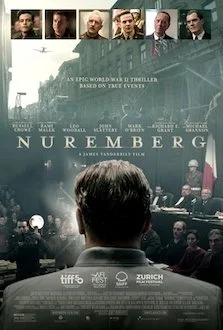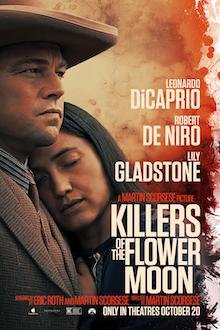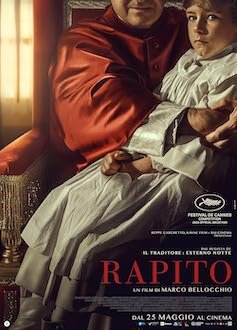Direction: James Vanderbilt
Country: USA
Written, directed, and co-produced by James Vanderbilt (Truth, 2015), Nuremberg plunges into the aftermath of World War II, dramatizing the historic trial initiated by the Allied forces following the collapse of the Nazi regime in 1945. Adapted from Jack El-Hai’s essay The Nazi and the Psychiatrist, the film draws on the personal archives and writings of Douglas Kelley, the American psychiatrist tasked with evaluating the mental state of the 22 defendants awaiting judgment.
Kelley is portrayed by Rami Malek, who feels miscast here, lacking the authority and charisma the role demands. By contrast, Russell Crowe delivers a commanding and unsettling performance as Germany official Hermann Göring, capturing the character’s narcissism and manipulative intelligence with chilling precision. Michael Shannon appears in a restrained supporting role as Justice Robert H. Jackson, the chief U.S. prosecutor determined to hold the Nazi leadership accountable for their crimes.
Undermined by uneven pacing and an overly heavy-handed directorial approach, Nuremberg tells an undeniably important chapter of history, but not in a particularly compelling way. The film suffers from a troubling lack of nuance and dramatic tension, never rising beyond a tepid simmer. While competently shot, its methodical assembly of scenes grows monotonous, evoking the feel of a dutiful, moderately polished Hollywood production rather than the urgency and moral weight such subject matter demands. The visual polish contrasts starkly with an emotional core that feels bland and inert, and the narrative rarely ventures beyond what is expected.
At times artificial, at others overtly sentimental, this historical-by-numbers drama never quite finds the path to grandeur or resonance. A a firmer grasp of the material was needed to elevate it beyond respectable mediocrity.


















